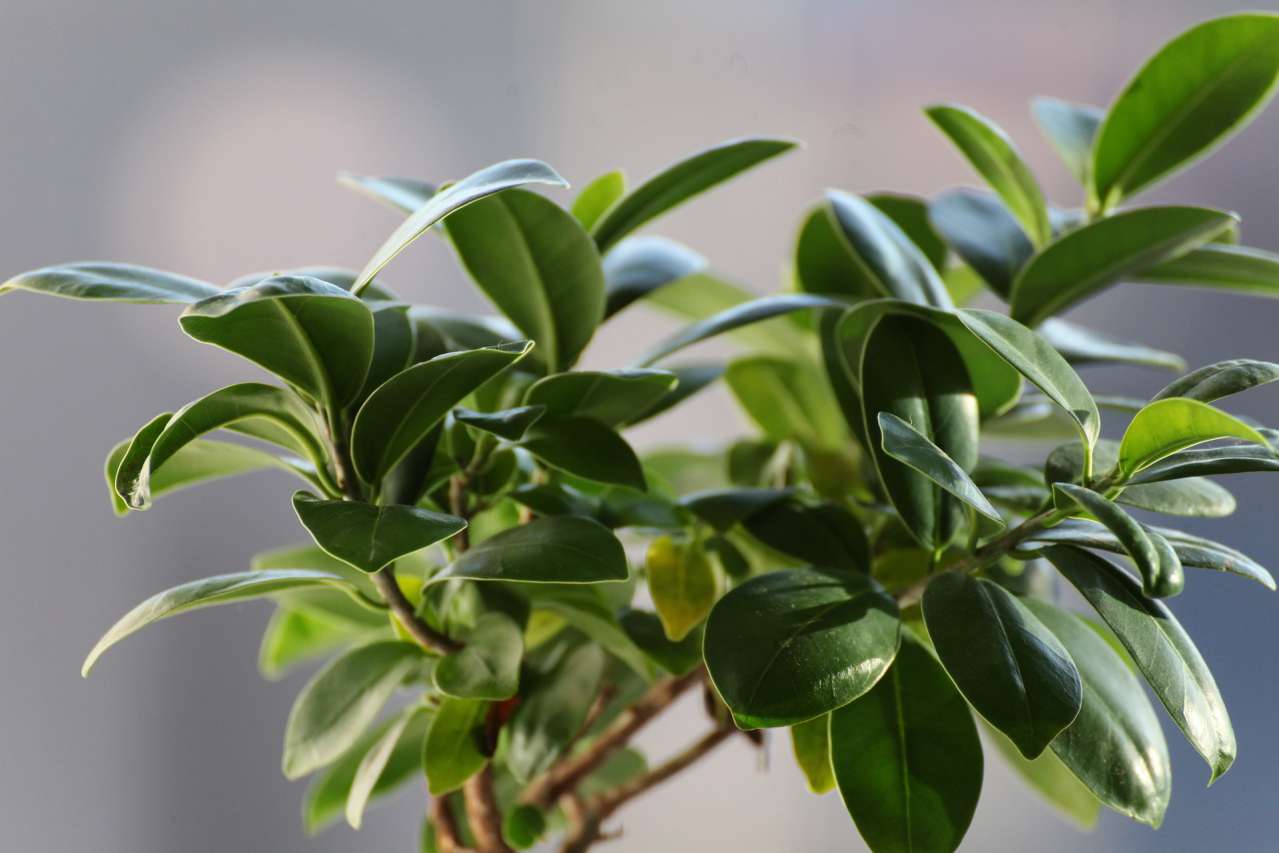Recommendations for Gardeners: How to Grow Ficus

Rubbery, or elastic ficuses, make up the group of the most unpretentious indoor plants that absorb dust and release phytoncides. At home, the plant does not bloom. It is valued for its large oval leaves with pointed tips.
Ficus benjamina is especially fond of light, but it also needs to be protected from the sun in the afternoon. In summer, the east side is perfect, in winter - the south. With a lack of lighting, the ficus begins to shed its leaves. Ficus Ali grows well in moderate light in light partial shade.
Is it possible to grow ficus from a leaf
It is desirable to cut the leaf together with the petiole and part of the internode. Then it is planted immediately in moist soil. In order for the rooting process in large-leaved ficuses to go faster, the planted leaf is covered with a transparent bag, container or just a glass jar.
Required soil composition
Since ficuses prefer nutritious and airy soil, the following will be the most optimal substrate for them: light soddy soil; deciduous soil; heavy soddy soil with the addition of river sand and humus.
How to grow ficus
In summer, ficus requires abundant watering, in winter - moderate. The soil between waterings should dry out, but not dry out, ficus is a moisture-loving plant. However, in cool conditions for ficuses, waterlogging of the soil can be dangerous. At the same time, their roots and, sometimes, the base of the stem begin to rot.
